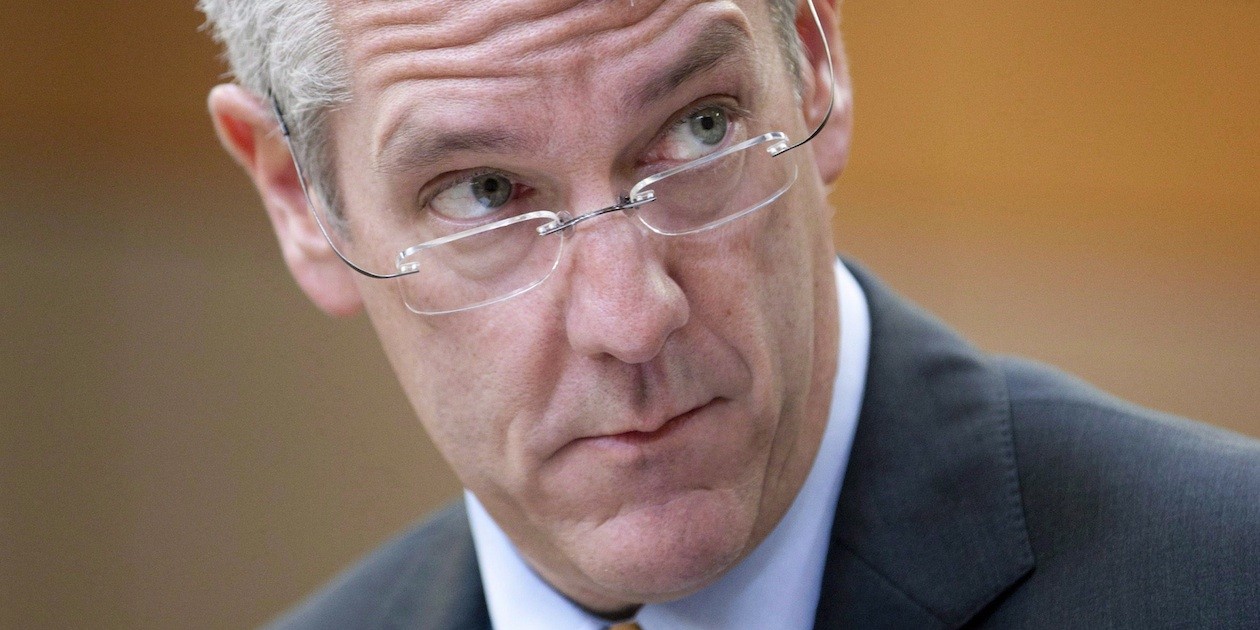CRTC chairman Jean-Pierre Blais told Canadian marketers Tuesday that the country’s rules regarding spam and unsolicited telecommunications rules are not going away, and are likely to get “tougher” in the future.
Addressing the Canadian Marketing Association (CMA) in Toronto, Blais expressed his admiration for the marketing function and repeatedly stressed that “legitimate” marketers should not feel threatened by the regulations.
“Responsible, creative marketers help consumers find the goods and services they need and desire – an essential service in the marketplace,” he said. “The very best marketers persuade by using their smarts and wits to entertain and amuse, by appealing with seductive words and images, by convincing people to identify themselves through brands, and by taking creative and lawful advantage of the latest hi-tech tools and tactics.”
Blais said he has “no beef” with legitimate marketers, and said it’s likely that CMA members don’t condone marketers who break the laws wilfully or through ignorance.
He said his admiration for legitimate marketing professionals is “unambiguous,” acknowledging that marketing is tough work requiring “keen intelligence and deep humility.”
He said law-abiding marketers should welcome tougher rules and regulations, saying they provide guidelines to ply a “difficult” trade. “They help expose the scammers whose practices diminish your profession in the eyes of Canadians – the very consumers you’re trying to appeal to,” he said.
Blais pointed to the CRTC’s recent issuance of notices of violations to three Canadians companies and two India-based call centres, levying fines of $650,000, as proof of its continued commitment to enforcing the regulations. The CRTC’s investigation found the telemarketers made calls to Canadians whose phone numbers were registered on the National Do No Call List.
The telemarketers identified themselves as representatives of Microsoft, the Government of Canada and U.S. Homeland Security in an attempt to sell anti-virus software.
He also cited December’s “Dorkbot” botnet case as an example of its enforcement of anti-spam rules, when it served the first-ever warrant under the anti-spam legislation to take down a Toronto-based command-and-control server that was part of network controlling malware – spread through USB flash drives, instant-messaging programs and social networks – that had infected more than 1 million personal computers in 190 countries.
Compromised computers were guided to steal passwords used for online banking and payments, download and install dangerous malware and join with other infected computers in sending multiple requests to a specific service with the aim of overwhelming its capacity to respond – known as a distributed denial of service attack.
Mobile devices have irrevocably changed Canadians’ behaviour, said Blais, with owners using them to plan their lives, perform their jobs and connect with friends and family. “These devices have also changed our expectations,” he said. “We Canadians consider our smartphones to be private spaces – like our homes, like our very selves.”
He went on to compare unsolicited communications via mobile devices to strangers entering their house and making themselves at home. “Just as we don’t like it when strangers intrude on our personal spaces or show up on our doorsteps, we don’t like it when unwanted messages and annoying calls enter the private space of our smartphones,” he said.
Blais said the CRTC’s objective was to promote compliance and prevent recidivism. “We don’t go out looking for dragons to slay,” he said. “We much prefer helping marketers comply with the law than enforcing it after they’ve broken it.”
He said CRTC staff criss-cross the country meeting with business owners, company executives and managers and marketing professionals to share the information and insight required to be compliant with the law.
The CMA has an important role to play, he said, and urged the organization to keep taking action to empower its members with information and insight that helps them comply with the laws and rules. “We want to help,” said Blais. “We prefer to be your ally in ensuring compliance among your members, not your adversary when it comes time to enforce the law.”











